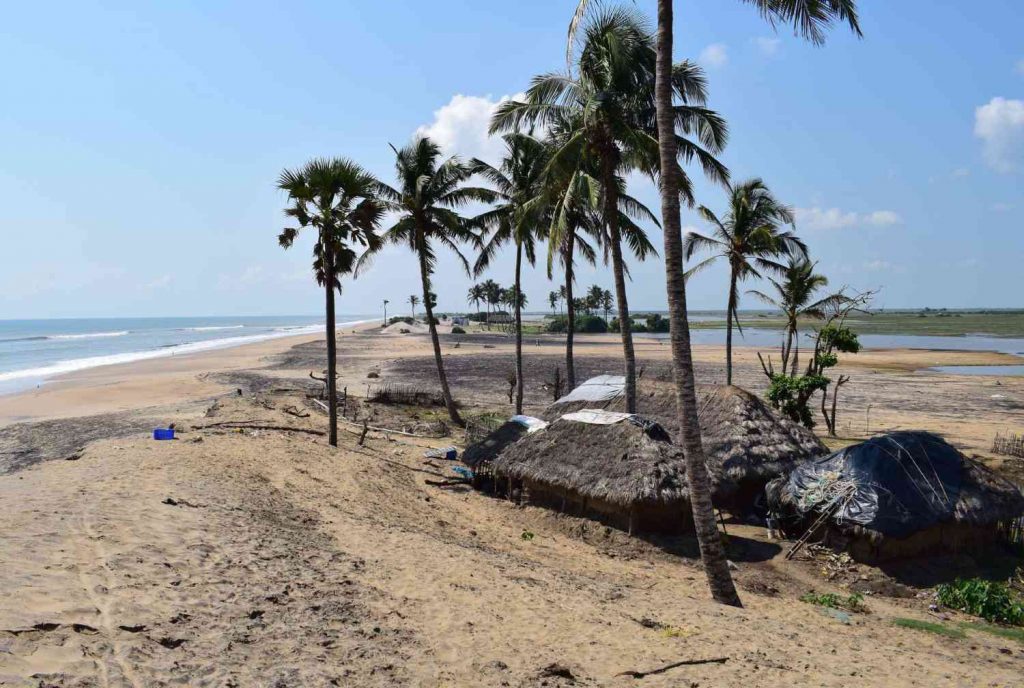Bhubaneswar: Several environmentalists claim that the threat of many citizens of Odisha migrating outside due to climate change is not a hypothesis but a fact.
The issue was discussed threadbare at a workshop on reporting resilience and climate change organised by UNICEF, Odisha Disaster Management Authority and Water Initiatives. The speakers in their deliberations cited several cases of migration of people from Odisha to outside after their livelihood or living conditions were compromised due to climate related reasons.
“Climate migration is a reality now. Many people from Odisha have become climate refugees. One prime example is the migration of Satabhaya villagers in Kendrapara district due to dangerous levels of sea erosion as their villages bore the brunt of sea ingress. On the other side, we also see many people from Odisha migrating to other states due to adverse climatic factors,” said noted environmentalist and water issues expert Ranjan Panda.
He also added, “We often find people migrating outside the state from drought prone areas and other reasons where their livelihood and quality of life are compromised. Many more climate refuges are in the process of migration. We have to accept that we are living in a climate emergency period.”
Other experts opined that 66 per cent of the biodiversity of the world has been lost in the last 40 years while 24 per cent of Odisha coast has been eroded due to sea ingress. Many also pointed out that the intensity of cyclones originating in the Bay of Bengal has become severe in the last few decades.
“After 1970 the quantum of climate related disasters has increased manifold. In the Asia pacific region, it reported 40 per cent of the total disasters of the world but counted for 79 per cent of deaths. Though the magnitude of human deaths has decreased, the amplitude of economic losses increased.”
Senior journalist Patralekha Chatterjee said the levels of pollution have increased to such a level that now hotels have started charging and monetizing clean air in urban areas. She also talked about the impact of disasters on women and their health.
Climate migration a reality for Odisha: Experts

